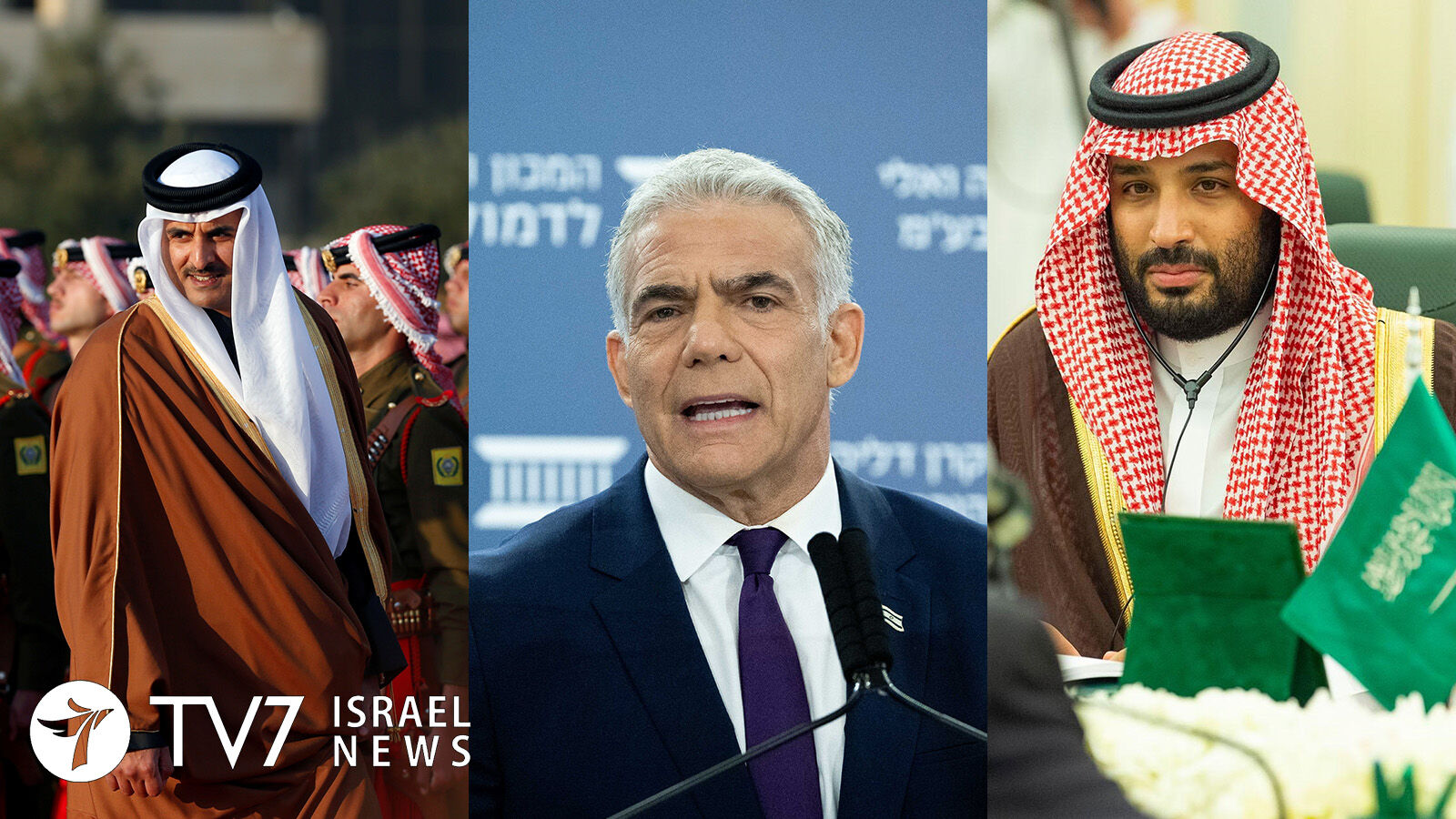The unannounced military summit was said to have taken place last March in the Egyptian city of Sharm El Sheikh in the South Sinai Governorate, focused on strategies to counter increasing threats posed by the Islamic Republic.
By Erin Viner
It is interesting to note that Israeli Prime Minister Naftali Bennett traveled to Sharm el-Sheik for previously unannounced talks last March with Egyptian President Abdel Fattah al-Sisi and Crown Prince of Abu Dhabi in the United Arab Emirates, Sheikh Mohamed bin Zayed bin Sultan Al Nahyan. The tripartite summit reportedly centered on efforts in Vienna to revive the Joint Comprehensive Plan of Action (JCPOA).
A security source confirmed to TV7 that the military meeting did in fact take place, although no other details were provided.
American and regional sources told the Wall Street Journal (WSJ) that IDF Chief of Staff Lt. Gen. Aviv Kochavi met with his Saudi Arabian counterpart Gen. Fayyadh bin Hamed bin Raqed Al Ruwaili, in addition to military officials from Qatar, Jordan, Egypt, the United Arab Emirates (UAE) and Bahrain, held under the auspices of then-head of the United States Central Command (CENTCOM) Gen. Kenneth F. McKenzie.
Israel signed peace treaties with Egypt and Jordan in 1979 and 1994, respectively; and the Abraham Accords to normalize relations with the UAE and Bahrain in 2020.
While Jerusalem does not hold diplomatic relations with Riyadh nor Doha, the former ‘enemy states’ share common concerns over the threats posed by Iran’s nuclear and ballistic missile development, as well its support of regional terrorist proxies.
While tensions continue to mount over Iran’s disputed nuclear program and regional aggression, Israel, Saudi Arabia, the UAE and parts of Iraq have come under UAV or missile strikes that have been claimed by or blamed on Iranian-backed terror groups.
Gulf states have particularly been frustrated over the perceived reduction of the US commitment to regional security, and not sufficiently responding to their concerns over advancement in the Islamic Republic’s ballistic missile program and sponsoring of proxy militias, such as Hezbollah in Lebanon and the Houthi rebels in Yemen.
According to the WSJ, the military chiefs “reached an agreement in principle on procedures for rapid notifications when aerial threats are detected,” including telephone and computer communications as a precursor to government level participation. Gen. McKenzie was quoted as stating, “the task in the theater is really how do you knit those together so you create more than the simple sum of the component parts: so everybody sees the same thing, everybody gets an early warning, and everybody can be prepared to react very quickly to a potential Iranian attack.”
Last week, Israeli Defense Minister Benny Gantz revealed the new formation of the “Middle East Air Defense Alliance (MEAD) to counter attempted Iranian attacks on regional nations with rockets, cruise missiles and unmanned aerial vehicles (UAV, drone aircraft). The new program “is already operative,” he said, stating that MEAD “has already enabled the successful interception of Iranian attempts to attack Israel and other countries.”
Saying that he has been “leading an extensive program” over the past year with his counterparts at the Pentagon and in the US administration to bolster cooperation between Israel and countries in the region, Minister Gantz expressed his hope that the initiative will be further advanced during US President Joe Biden’s upcoming visit to the region next month.
An official transcript of Gantz’ statements released by the Israeli Ministry of Defense (IMoD) did not name partner countries, provide additional details on the foiled attacks or elaborate on the ‘mechanics’ of the alliance. Reuters cited an Israeli official speaking on condition of anonymity as saying that “the partner countries are synchronizing their respective air defense systems through remote electronic communication, rather than using the same physical facilities.”
Biden’s 13-16 July itinerary includes slated stops in Israel and Saudi Arabia, where he will meet Arab leaders; as well as Palestinian Authority politicians. Washington hopes more cooperation, especially on security, would help further integrate Israel in the region and isolate Iran. The visit could also advance more normalization deals with Israel, including by heavyweight Saudi Arabia.
A Western diplomat in the region told Reuters that the Biden Administration is still working to convince the Gulf Cooperation Council (GCC) to agree to join a US-Israeli integrated air defense system. Saudi Arabia, the UAE, Bahrain, Qatar, Kuwait and Oman are GCC member states.
“(The proposal) would help to fill the gap left by the withdrawal of US hardware over the last two years from the region … and would draw Israel and Saudi Arabia closer to reaching a normalization deal,” said the diplomat.
